
Code: 04647093
Michael of Ephesus/Aspasius/Anonymus
by Of Ephesus Michael, Michael Of Ephesus, Aspasius
Aristotle devotes books 8-9 of the "Nicomachean Ethics" to friendship, distinguishing three kinds: a primary kind motivated by the other's character; and other kinds motivated by utility or pleasure. He takes up Plato's idea that ... more
- Language:
 English
English - Binding: Hardback
- Number of pages: 240
Publisher: Bloomsbury Publishing, 2001
- More about this

You might also like
-

Blonde Poison
15.73 € -2 % -

Swimming with My Father
9.47 € -18 % -

Going Interprofessional
54.37 € -
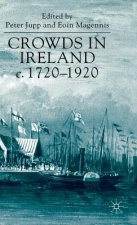
Crowds in Ireland, c.1720-1920
121.07 €
Give this book as a present today
- Order book and choose Gift Order.
- We will send you book gift voucher at once. You can give it out to anyone.
- Book will be send to donee, nothing more to care about.
More about Michael of Ephesus/Aspasius/Anonymus
You get 440 loyalty points
 Book synopsis
Book synopsis
Aristotle devotes books 8-9 of the "Nicomachean Ethics" to friendship, distinguishing three kinds: a primary kind motivated by the other's character; and other kinds motivated by utility or pleasure. He takes up Plato's idea that one knows oneself better as reflected in another's eyes, as providing one of the benefits of friendship, and he also sees true friendship as modelled on true self-love. He further compares friendship with justice, and illustrates the ubiquity of friendship by referring to the way in which we help wayfarers as if they were kin (oikeion), a word he takes from Plato's discussion of love. In many of these respects he probably influenced the Stoic theory of justice as based on the natural kinship (oikeiotes) one feels initially for oneself at birth and, eventually, for lost wayfarers. Of the three commentaries translated here, that by the second-century AD Aristotelian Aspasius is the earliest extant commentary on Aristotle; the second is by Michael of Ephesus in the twelfth century; the third is of unknown date and authorship. Aspasius worries whether there is only one kind of friendship with a single definition. But he plumps for a verdict not given by Aristotle, that the primary kind of friendship serves as a focal point for defining the other two. Aspasius picks up connections with his Stoic contemporaries. Michael cites Christians and draws from Neoplatonists the idea that there is a self-aware part of the soul, and that Aristotle saw individuals as bundles of properties.
 Book details
Book details
Book category Knihy po anglicky Humanities Philosophy History of Western philosophy
175.25 €
- Full title: Michael of Ephesus/Aspasius/Anonymus
- Subtitle: On Aristotle "Nicomachean"
- Author: Of Ephesus Michael, Michael Of Ephesus, Aspasius
- Language:
 English
English - Binding: Hardback
- Number of pages: 240
- EAN: 9780715630716
- ISBN: 0715630717
- ID: 04647093
- Publisher: Bloomsbury Publishing
- Weight: 540 g
- Dimensions: 234 × 156 × 16 mm
- Date of publishing: 27. September 2001
Trending among others
-

Meditations
8.97 € -24 % -

Aphorisms on Love and Hate
3.93 € -15 % -

The Myth of Sisyphus
8.06 € -

Why I Am so Clever
3.93 € -15 % -

Meditations
16.03 € -16 % -

Discourses and Selected Writings
10.58 € -26 % -

Twilight of the Idols with The Antichrist and Ecce Homo
5.44 € -26 % -

Phenomenology of Spirit
37.32 € -5 % -

Things Hidden Since the Foundation of the World
31.17 € -6 % -

Gay Science
12.50 € -22 % -
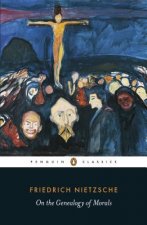
On the Genealogy of Morals
11.09 € -16 % -
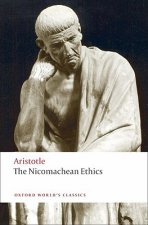
Nicomachean Ethics
10.99 € -4 % -
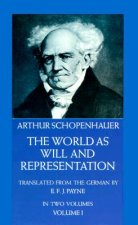
World as Will and Representation, Vol. 1
25.42 € -11 % -
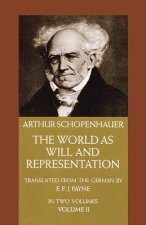
World as Will and Representation, Vol. 2
25.92 € -15 % -

On the Shortness of Life
8.57 € -21 % -

Think
12.30 € -28 % -
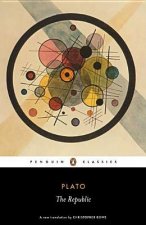
Republic
12.10 € -15 % -
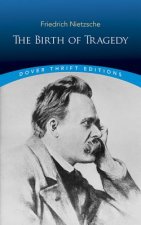
Birth of Tragedy
3.82 € -17 % -
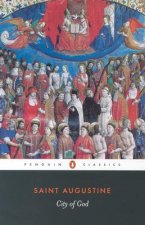
City of God
19.06 € -

Phenomenology of Perception
42.67 € -1 % -
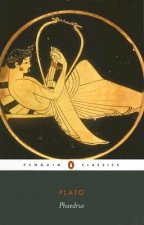
Phaedrus
9.78 € -26 % -

Ecce Homo
9.27 € -28 % -
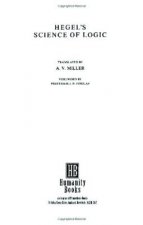
Hegel's Science of Logic
40.55 € -12 % -

Companion to Mill
217.83 € -

Existentialism and Humanism
12.30 € -14 % -

Mindfulness
36.51 € -
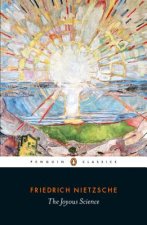
Joyous Science
11.29 € -28 % -
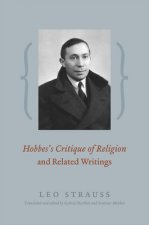
Hobbes's Critique of Religion and Related Writings
47.11 € -

Parallax View
29.15 € -

Letters from a Stoic
12.30 € -14 % -

The Symposium
9.27 € -24 % -

Beyond Good and Evil
9.27 € -34 % -
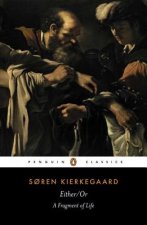
Either/Or
19.36 € -

Nausea
11.09 € -22 % -

Meditations
20.17 € -19 % -

Simulacra and Simulation
23.30 € -
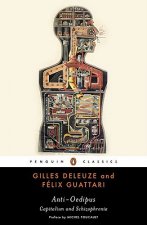
Anti-Oedipus
19.56 € -18 % -

Ride the Tiger
20.88 € -19 % -

Myth of Sisyphus
11.09 € -22 % -

Human, All Too Human & Beyond Good and Evil
5.84 € -20 % -

Spell of the Sensuous
17.14 € -14 % -

Fear and Trembling
11.09 € -22 % -

Jung's Map of the Soul
24.81 € -19 % -
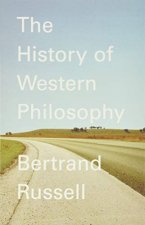
History of Western Philosophy
24.31 € -21 % -

Republic
11.90 € -16 % -

Existentialism Is a Humanism
8.97 € -19 % -

Thus Spoke Zarathustra
9.37 € -29 % -
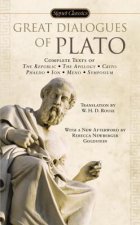
Great Dialogues Of Plato
8.47 € -

Critique of Pure Reason
17.85 € -22 %
Osobný odber Bratislava a 2642 dalších
Copyright ©2008-24 najlacnejsie-knihy.sk Všetky práva vyhradenéSúkromieCookies



 21 miliónov titulov
21 miliónov titulov Vrátenie do mesiaca
Vrátenie do mesiaca 02/210 210 99 (8-15.30h)
02/210 210 99 (8-15.30h)